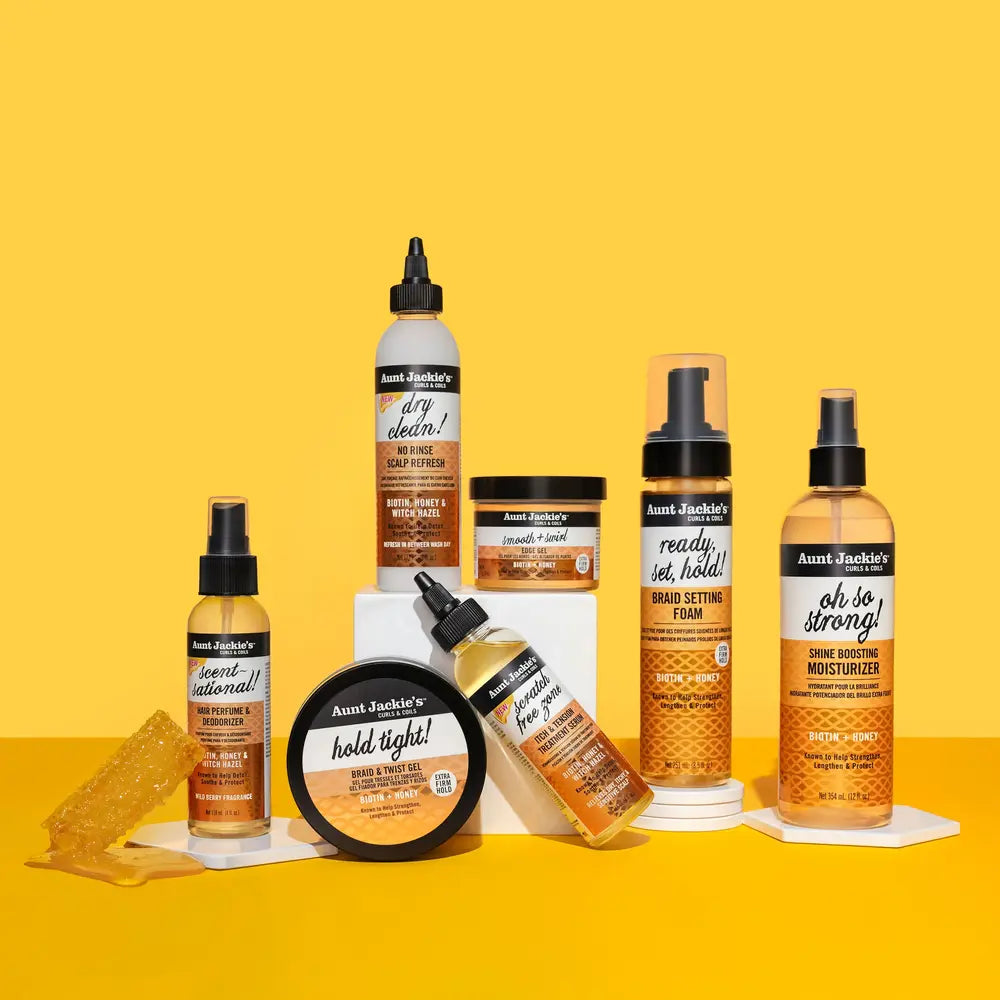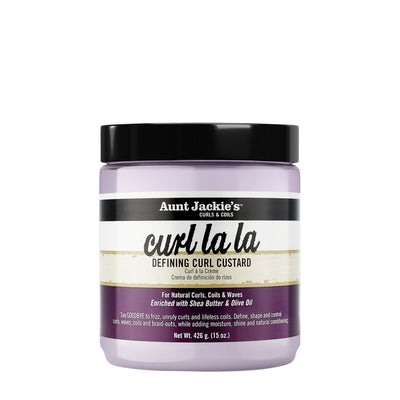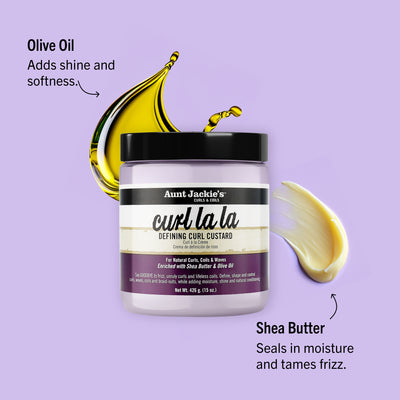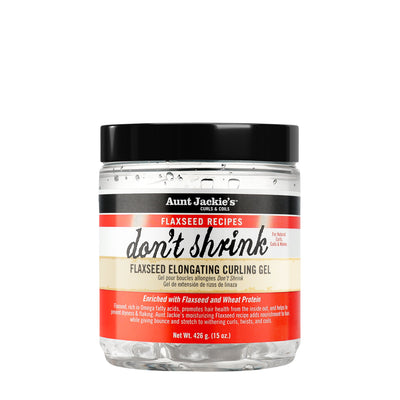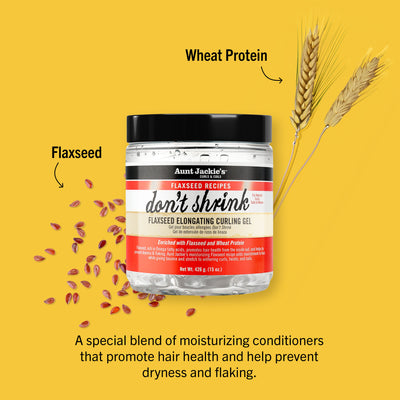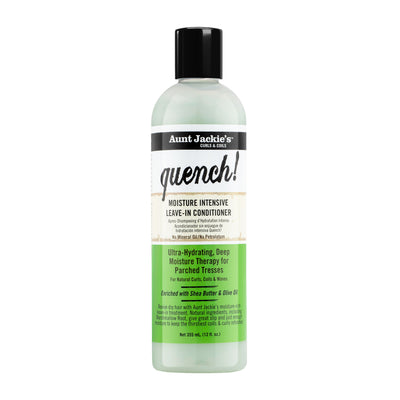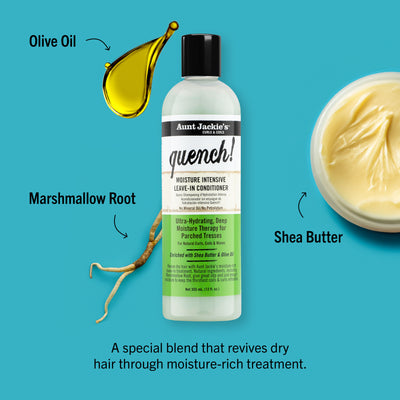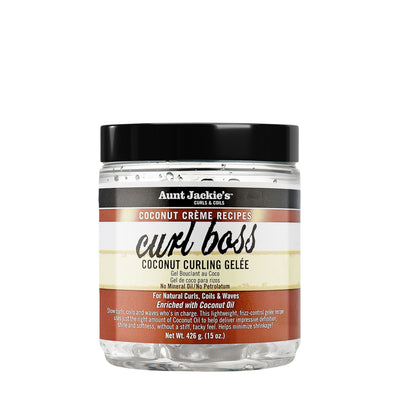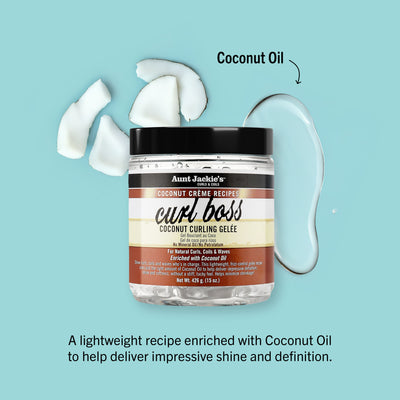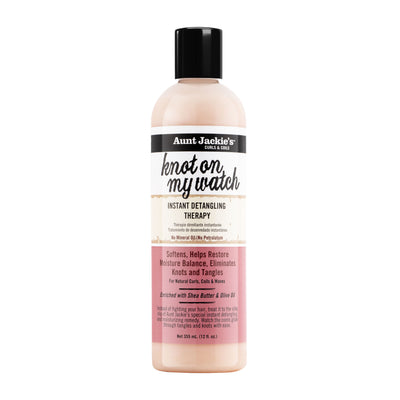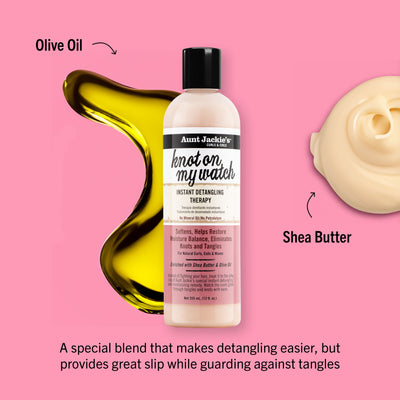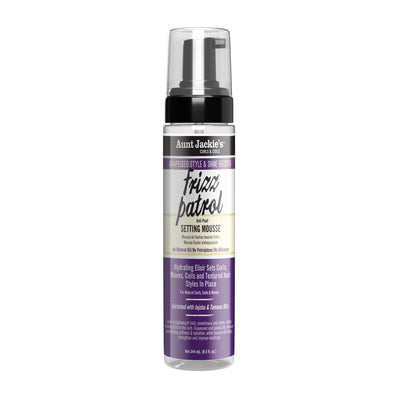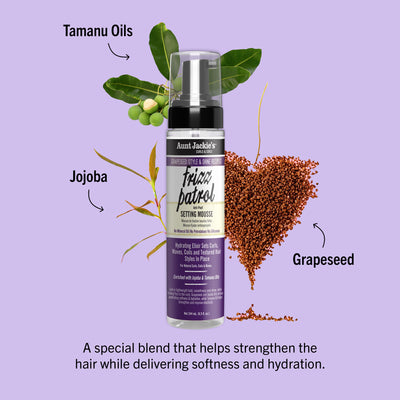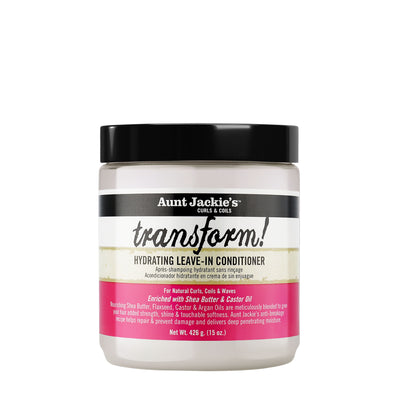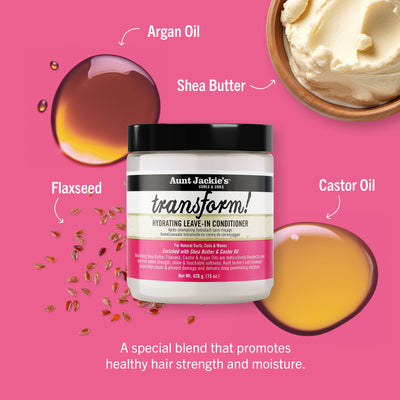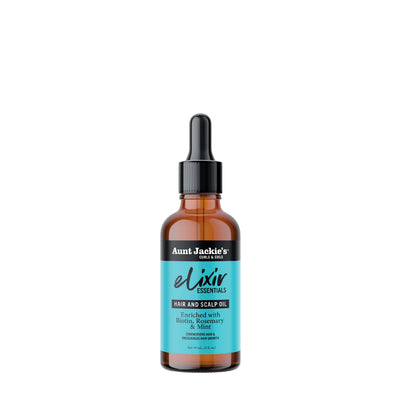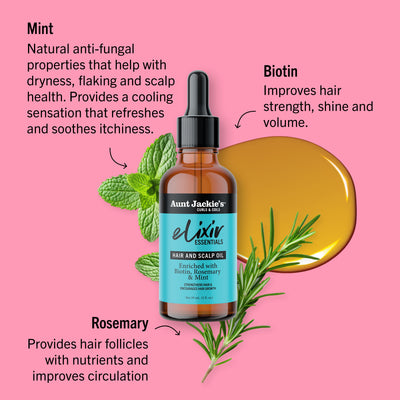Dealing with an itchy scalp can be frustrating and distracting, and it’s a more common issue than you might think. Often, it includes dandruff, dryness, product buildup, inflammation, or general scalp sensitivity, all of which can leave your scalp feeling irritated and uncomfortable. While medicated treatments are available, many people turn to natural remedies for gentle, effective relief. Ingredients like essential oils and soothing botanicals can help calm irritation, restore balance, and promote overall scalp health. Tired of dealing with an itchy scalp? Here are seven ingredients that could help you fix the issue.
Ingredients That You Should Know To Treat Itchy Scalp
Tea Tree Oil
An anti-fungal and antibacterial ingredient, this essential oil will help relieve your itchy scalp and do it in a small amount. Our Collagen, Tea Tree Oil & Eucalyptus Elixir Hair & Scalp Oil is a great option. Be careful though, if you use too much tea tree oil, it can dry out your scalp instead of adding in moisture.
Peppermint Oil
Much like tea tree oil, peppermint oil can help alleviate your itchy scalp, too. Peppermint oil naturally soothes inflammation and also includes natural antibacterial and anti-fungal properties. It is one of the top essential oils for itchy scalp, as it leaves the scalp feeling revitalized.
Since peppermint oil is highly concentrated, it’s best to dilute it before use. Mix a few drops with a carrier oil like coconut, jojoba, or almond oil to create a soothing scalp treatment. Gently massage the mixture into your scalp, leave it on for 15–20 minutes, and then rinse with sulfate-free shampoo.
Coconut Oil
A staple in the natural hair community, coconut oil can be used for many things including relieving an itchy scalp. Anti-fungal and antimicrobial, coconut oil can be used to treat and prevent multiple infections. Extremely moisturizing, this oil can help you if you’re suffering from a dry scalp. Coconut oil is often at the top of the list when it comes to what oils are good for a dry scalp. Its ability to penetrate the hair shaft makes it highly effective for reducing dryness, minimizing flakiness and improving scalp health over time. Our Coconut Crème Collection is great to add into your routine if you’re looking for the right coconut-based products.
Rosemary
Whether you’re using it by itself or mixed with castor oil, rosemary is high in nutritional value and anti-inflammatory properties, which can stimulate blood circulation in the scalp. Whether blended with a carrier oil or added to your haircare routine, rosemary oil is often used as a trusted essential oil for dandruff and scalp irritation, making it a versatile solution for both promoting growth and maintaining scalp health. Our Biotin, Rosemary & Mint Elixir Hair & Scalp Oil can help you relieve your itchy scalp.
Apple Cider Vinegar
As like many other ingredients on this list, apple cider vinegar includes antibacterial and anti-fungal properties that can help you say goodbye to that dreadful itching. Noted as an astringent, this ingredient can help thoroughly cleanse your scalp without stripping away moisture and aid in the removal of build-up. Our Power Wash Intense Moisture Clarifying Shampoo is a great product to keep handy for this.
Jojoba Oil
Jojoba oil is one of the most effective natural ingredients for maintaining scalp health. Its structure closely mimics our natural oils, allowing it to absorb easily and work in harmony with the hair. As a carrier oil, jojoba is particularly effective when used with essential oils for treating dry scalp. It delivers hydration without clogging pores, soothing flakiness and discomfort.
How to Use Essential Oils Safely on Your Scalp
Essential oils can be a wonderful addition to your scalp care routine, but because they are highly concentrated plant extracts, they must be used with care. Here are some important guidelines to keep your scalp healthy and irritation-free:
- Always dilute with carrier oils
Essential oils should never be applied directly to the scalp in their pure form. Undiluted oils can cause dryness or irritation. Instead, mix them with nourishing carrier oils like coconut, jojoba, or almond oil, which not only protect your scalp but also add extra hydration.
- Do a patch test before full use
Everyone’s skin or hair texture is different. To avoid adverse reactions, apply a small amount of your diluted blend to a small area of skin (such as behind the ear or inside the elbow) and wait 24 hours. If there’s no redness, itching, or irritation, the blend is generally safe for use on your scalp.
Lifestyle & Hair Care Tips for Managing Itchy Scalp
Dealing with an itchy scalp can be frustrating, but small changes in your daily routine and hair care habits can make a big difference. Here are some simple, yet effective, tips to keep your scalp healthy and comfortable:
-
Choose mild, sulfate-free shampoos – Harsh cleansers are known to strip away natural oils and may worsen irritation. Opting for gentle, sulfate-free shampoo helps maintain the scalp’s natural balance.
-
Wash hair regularly, but not excessively – Keeping your scalp clean is important, but over washing can dry it out. Find a routine that removes buildup without leaving your scalp parched.
-
Avoid scratching to prevent scalp damage – Scratching may feel relieving in the moment, but it can break the skin, cause infections, and increase irritation. Instead, soothe the itch with gentle massage.
- Keep your scalp hydrated inside and out – Natural oils like coconut or jojoba can nourish the scalp, while a balanced diet rich in omega-3s, vitamins, and hydration supports scalp health from within.
Conclusion
A healthy scalp is the foundation of vibrant, thriving hair. By focusing on consistent care and embracing natural solutions, you can find lasting relief from common scalp concerns while encouraging overall hair health. Remember, results don’t happen overnight, patience and steady routines are the key.
If you’re ready to nurture your scalp the natural way, try Aunt Jackie’s products. Specially crafted with nourishing ingredients, they help soothe, moisturize, and restore balance for a healthier scalp and stronger, more beautiful hair.
FAQs
- What oils are good for dry scalp?
Coconut oil, jojoba oil, and argan oil are excellent for moisturizing and soothing a dry scalp.
- Which ingredient is best for an itchy scalp?
Tea tree oil is highly effective for calming itchiness due to its antifungal and antibacterial properties.
- What vitamin deficiency causes an itchy scalp?
Deficiencies in vitamin B12, vitamin D, and certain B-complex vitamins can lead to scalp dryness and itchiness.
- How often should I use essential oils on my scalp?
Based on the hair and scalp concerns, essential oils should typically be used 2–3 times a week.
- Which carrier oils work well with essential oils?
Jojoba oil, coconut oil, almond oil, and olive oil are popular carrier oils for safe blending.
- Can I leave essential oils on my hair overnight?
Yes, when diluted with a carrier oil, essential oils can be safely left overnight for deeper nourishment. For best results always refer to manufacturing instructions.



